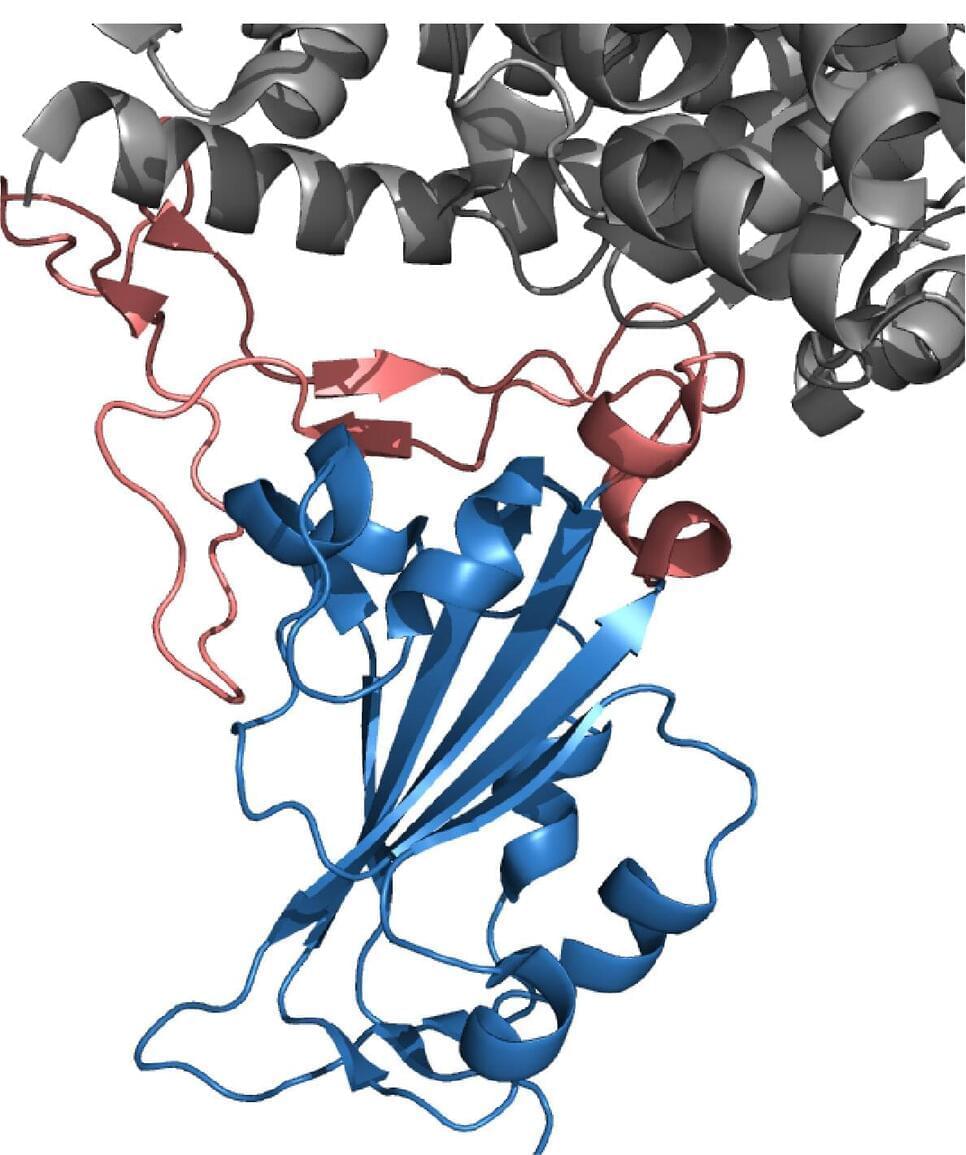Researchers in Japan have developed a vaccination strategy in mice that promotes the production of antibodies that can neutralize not only SARS-CoV-2 but a broad range of other coronaviruses as well. If successfully translated to humans, the approach, to be published October 8 in the Journal of Experimental Medicine, could lead to the development of a next-generation vaccine capable of preventing future coronavirus pandemics.
The SARS-CoV-2 virus responsible for COVID-19 enters human cells by using its spike protein to bind to a cell surface receptor called ACE2. The receptor-binding domain of the spike protein consists of two parts: a “core” region that is very similar in all coronaviruses, and a more specialized “head” region that mediates binding to ACE2.
Antibodies that recognize the head region of the spike receptor-binding domain can block the entry of SARS-CoV-2 into cells but offer little protection against other coronaviruses, such as the SARS-CoV-1 virus responsible for the severe acute respiratory syndrome outbreak of 2002. Antibodies that recognize the core region of the spike receptor-binding domain, in contrast, can prevent the entry of various coronaviruses into human cells. Unfortunately, however, individuals exposed to the viral spike protein tend to produce lots of antibodies against the head region but few, if any, antibodies that recognize the core region.










Comments are closed.